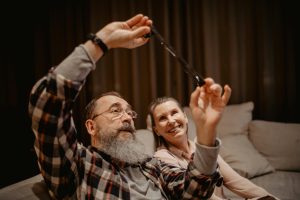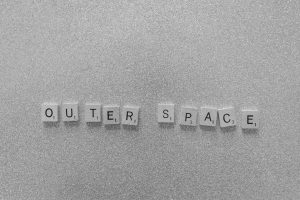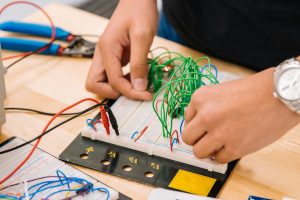Drone Privacy: Can Your Neighbor Legally Film Your Backyard?
In recent years, drones have become increasingly popular devices, allowing people to capture breathtaking aerial footage and photographs. However, with this rise in popularity comes a concern for privacy. Can your neighbor legally film your backyard with a drone? In this article, we’ll explore the regulations surrounding drone privacy and what you can do to protect yourself and your property.
The Rise of Drones and Privacy Concerns
With the advances in technology, drones, also known as unmanned aerial vehicles (UAVs), have become more accessible and affordable. They are now being used for various purposes, such as photography, videography, and even delivery services. However, as drones become more prevalent, so do concerns about privacy.
Drones equipped with cameras have the ability to capture high-quality footage and photographs from great heights. This raises questions about whether or not people have the right to privacy in their own backyards. After all, nobody wants to be caught on camera without their knowledge or consent.
The Legislation: What the Law Says
When it comes to drone privacy, there are a few factors to consider, including the Federal Aviation Administration (FAA) regulations and state laws. According to the FAA, drones must be flown below 400 feet and within the operator’s line of sight. They must also avoid flying over people and within five miles of an airport.
As for state laws, some states have specific regulations for the use of drones and how they can collect, use, and store data. For example, California’s drone privacy law prohibits the use of drones to collect personally identifiable information about an individual without their consent.
However, the laws surrounding drone privacy are still evolving and vary from state to state. It’s essential to research and understand the regulations in your state to know what is and isn’t allowed.
The Potential Risks of Drone Use
While drones can be used for legitimate purposes, there are also potential risks and dangers associated with their use. Some people may use drones to invade privacy intentionally, such as peeping into someone’s window or capturing footage of someone in their backyard without their permission.
Additionally, drones can malfunction, causing them to crash and potentially damage property or injure someone. In sensitive areas, such as near airports or military bases, drone use can also pose a safety threat and raise security concerns.
What You Can Do to Protect Yourself
As a homeowner, there are steps you can take to protect your privacy from drone use. One option is to install fences or other barriers around your property to shield your backyard from prying eyes. You can also set up security cameras around your property to monitor and capture any suspicious drone activity.
Moreover, it’s crucial to stay educated about the regulations surrounding drone use and your rights as a homeowner. If you suspect a neighbor is using a drone to violate your privacy, it’s best to address the issue with them directly or involve local authorities if necessary.
The Verdict
In conclusion, the use of drones raises concerns about privacy, but with the right knowledge and precautions, you can protect yourself and your property. It’s essential to stay informed about the laws in your state and take action if you suspect any violations. Drones have the potential to be incredible devices, but it’s crucial to use them responsibly and respect others’ privacy.
Final Thoughts
In today’s world, technology is continuously evolving, and it’s essential to stay informed about the laws and regulations surrounding its use. Drones may offer innovative and exciting ways to capture footage, but they must be used responsibly and ethically. As long as drone operators follow the regulations and respect the privacy of others, they can continue to enjoy this technology without any legal repercussions.











